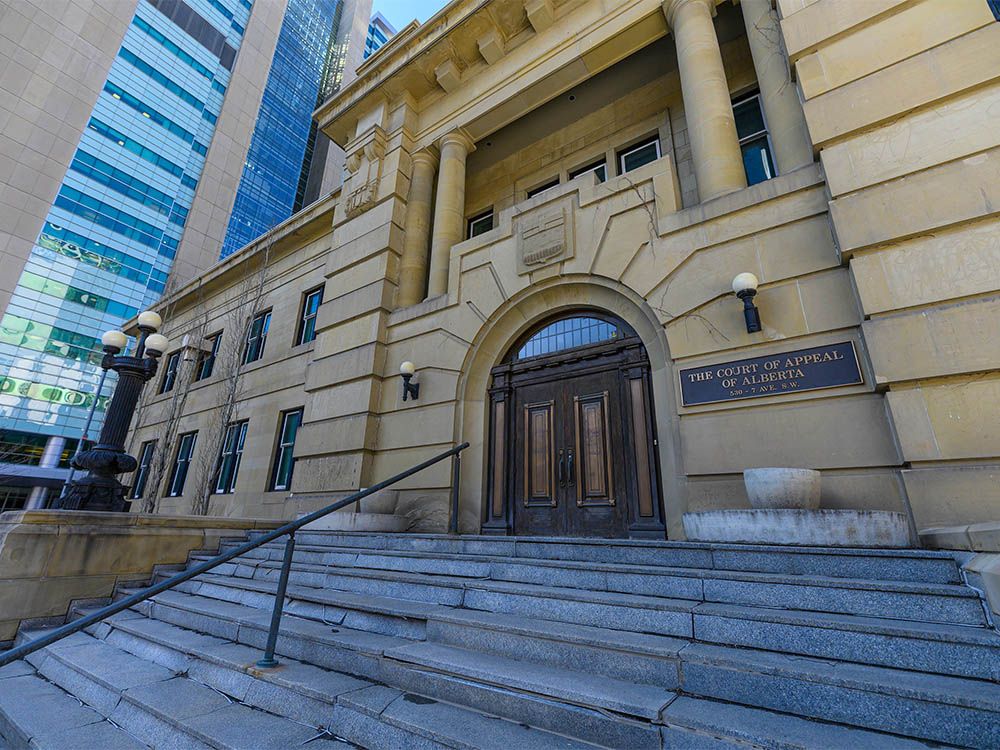The Legal Landscape of Haunted Properties: Navigating the Ghostly Terrain
Introduction
The fascinating intersection of real estate law and the supernatural universe has gained traction in recent years. Haunted properties, which have long been relegated to the world of local legend and Halloween tales, are now increasingly part of significant legal discussions. Curiosity about the paranormal has led to a surge in interest, prompting potential buyers and sellers to navigate a unique legal landscape riddled with potential pitfalls.
The Allure of Haunted Homes
Interest in haunted properties is not merely driven by folklore; it often involves financial investment. Buyers are enthralled by the idea of owning a piece of history, complete with its enigmatic tales and ghostly residents. It has been noted that some properties labeled as haunted have sold for significantly more than other homes, particularly in regions historically rife with supernatural stories.
The mystique of haunted homes attracts both buyers and tourists.
The economics of haunted properties can be buoyant. Homes like the infamous Amityville house have become iconic, drawing tourists and enthusiasts alike. Yet, this allure can lead to complicated issues regarding disclosure and buyer expectation.
Legal Considerations: Buyer Beware
In many jurisdictions, the law mandates that sellers disclose significant defects and certain conditions of the property, including psychological stigmas. These include incidents of violent crime or, notably, matters concerning hauntings. However, the interpretation of what constitutes a “material defect” can vary widely, leaving both buyers and sellers in ambiguous territory.
As noted in legal circles, “the seller’s responsibility often hinges on how culturally and socially relevant the hauntings are to the buyer’s perception of property value.” Buyers may find themselves in a precarious position if they neglect to inquire about a property’s spooky reputation before sealing the deal.
Case Studies: Hauntings in the Courtroom
Across the country, several high-profile cases have tested the limits of property law in connection with hauntings. One notable case involved the Buyers of a famed haunted house who sued the sellers for failing to disclose its ghostly history. This set a precedent, illustrating the complexities that arise when tradition meets modern real estate practice.
Another case featured a couple who came to learn that their charming Victorian home was built on what was once a cemetery. They argued in court that not disclosing this information constituted fraud, bringing to light questions about buyer knowledge and seller responsibility in the face of historical claims.
Legal rulings often shape the future of how properties are sold and disclosed.
The Role of Real Estate Agents
Realtors play a critical role in navigating the murky waters of haunted real estate transactions. They must balance marketability with legal obligations, often providing insight on how to manage buyer expectations regarding potential stigmas.
Moreover, there is an ongoing debate within the industry about how much information real estate professionals should disclose. Many are now advocating for more transparent practices that include disclosure of rumor and legend, not just factual defects. As one seasoned agent remarked, “An informed buyer is a satisfied buyer, and with haunted properties, knowledge is crucial.”
Conclusion: The Future of Haunted Real Estate
As our culture becomes increasingly accepting of the supernatural, the conversation surrounding haunted properties will grow accordingly. This evolving dialogue will undoubtedly influence future legal frameworks and real estate practices.
For skeptics and believers alike, these properties will continuing their haunting presence—both in our homes and our courts. Understanding the complex relationship between law and the paranormal is paramount for all involved in the buying and selling process.
The realm of real estate law may soon find itself addressing even more supernatural questions.
As the legal landscape evolves, it’s clear that the ghosts of properties past are far from silent. They may just be echoing the cries of buyers and sellers navigating this unique slice of real estate.
Closing Thoughts
Whether you are a potential buyer intrigued by the idea of living alongside a ghostly companion or a seller weighing the implications of disclosure, it is essential to stay informed. The legal ramifications surrounding haunted properties are extensive, and one misstep could turn the dream of a quaint haunted home into a legal nightmare. One thing remains clear: when it comes to haunted homes, the stakes will always be high, and the spirits, undoubtedly, will endure.


 Photo by
Photo by 








